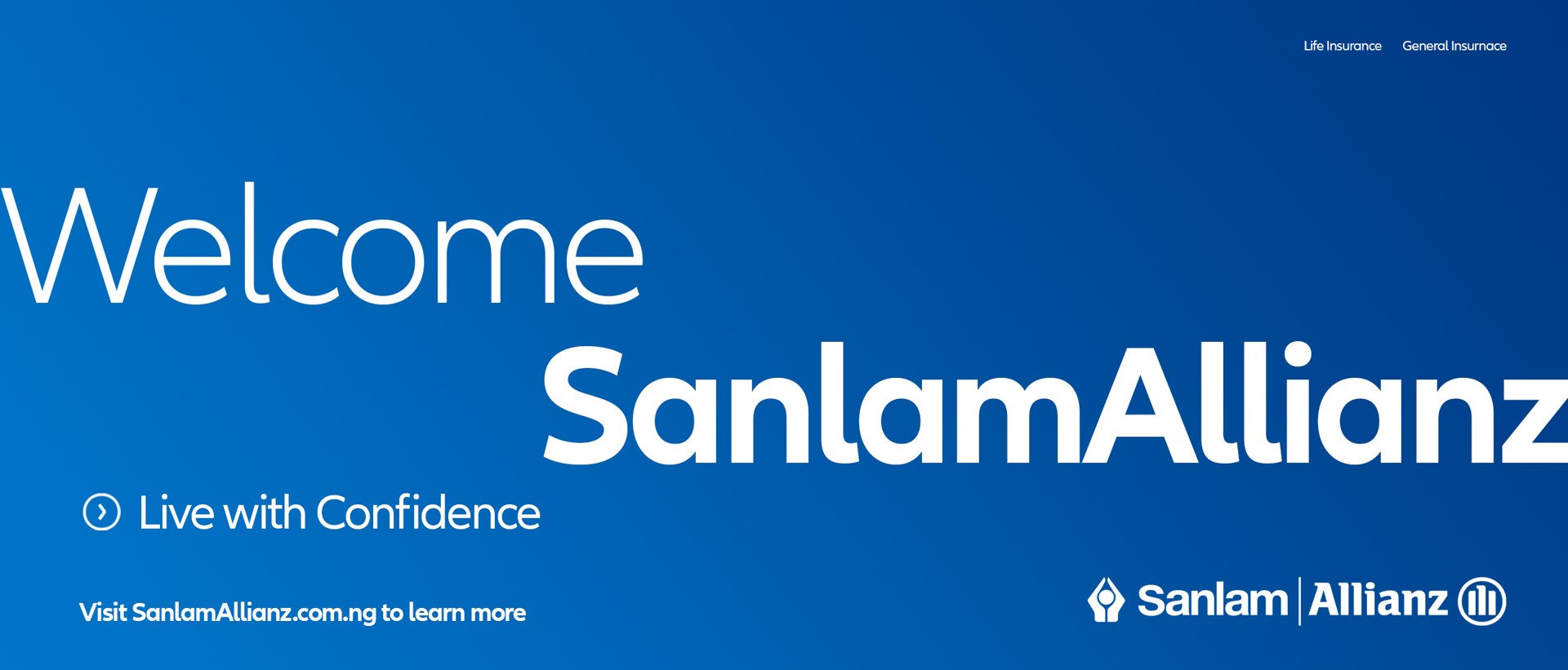Nigeria’s Delegation Warned Against Tobacco Industry Interference at COP 11
By Our Correspondent
Civil society organisations working in tobacco control have cautioned Nigeria’s delegation to the Eleventh Session of the Conference of the Parties (COP 11) to the World Health Organisation Framework Convention on Tobacco Control (WHO FCTC) against yielding to the influence of the tobacco industry and its allies. The groups warned that the industry is renewing its efforts to infiltrate COP 11 discussions through proxies, to promote nicotine-based and other novel products, including e-cigarettes, under the guise of harm reduction. They urged the Nigerian delegation to act in the nation’s best interest and uphold the spirit and letter of the National Tobacco Control Act.
In a joint statement on Sunday, they raised the alarm over the tobacco industry’s renewed global campaign to infiltrate COP 11 discussions through proxies, in a bid to sway delegates into supporting the introduction and legitimisation of nicotine-based and other novel products, including e-cigarettes, under the guise of harm reduction.
The groups, including the Nigeria Tobacco Control Alliance (NTCA), Corporate Accountability and Public Participation Africa (CAPPA), Gatefield, Environmental Rights Action/Friends of the Earth Nigeria (ERA/FoEN), Centre for Youth Inclusion and Development, and other public health advocates, warned the country’s delegation not to sell out Nigeria’s public health to the industry.
Furthermore, they demanded that the Nigerian government and its delegates reject all tobacco industry-linked funding, partnerships, and influence.
The advocates emphasised that they are watching closely as global negotiations begin, adding that Nigerians will hold the delegates fully accountable for any action that undermines the fight against tobacco and nicotine addiction.
They urged the Nigerian delegation to act in the nation’s best interest and uphold the spirit and letter of Sections 25-28, 33-34, and 38(2) of the National Tobacco Control Act, which combine to prohibit government officers and agencies from any financial and non-financial relationship with the tobacco industry and its proxies.
The delegates, the statement added, must also comply with obligations under the WHO FCTC, to which Nigeria is a party.
The CSOs reminded delegates that Article 5.3 of the Convention explicitly obliges Parties to protect public health policies from the commercial and vested interests of the tobacco industry.
The WHO FCTC is the world’s coordinated response to the tobacco epidemic, while the Conference of the Parties serves as its governing body, comprising all Parties to the Convention. Currently, there are 183 Parties, covering more than 90 per cent of the world’s population.
“We are aware that the tobacco industry and its front groups are working overtime to manipulate discussions at COP 11 through delegates, pushing narratives that normalise nicotine addiction and weaken existing tobacco control measures,” the statement read. “Nigeria must not be complicit in this devious strategy.”
The groups called on the Nigerian government to demonstrate leadership in protecting its citizens, especially young people, from addiction and exploitation by multinational tobacco corporations seeking to expand their markets across Africa.
“Tobacco kills over seven million people every year,” the groups warned. “Now the industry wants to hook a new generation on nicotine using shiny gadgets, false marketing, and the manipulation of regulatory officials.”
They described novel nicotine-based products as the “new faces of the same deadly business.”
“These nicotine-based products touted by the industry as less harmful alternatives to smoking are not solutions; they are traps through which the industry hopes to continue raking in profits at the expense of public health,” the statement continued. “The same companies that created a century of death and addiction now want to rebrand themselves as part of the solution. It is deception at its peak, and Nigeria must not fall for it.
“Nigeria’s delegates must go to Geneva to defend life, not profit. Nigerians are watching and will hold them accountable for any actions or positions that undermine public health or promote the interests of the tobacco industry.”
The groups stressed that industry interference remains the single greatest obstacle to effective tobacco control, warning that the introduction of novel nicotine products will reverse public health gains made under the National Tobacco Control Act and related policies.
“We call on Nigerian delegates to stand firm with the global public health community, resist any form of industry influence, and support decisions that advance a tobacco-free future,” the statement concluded.
The COP 11, holding from 17–22 November, will bring together Parties to the Convention to take key decisions toward achieving the objectives of the WHO FCTC, including measures to prevent nicotine addiction and protect human health and the environment.
The Meeting of the Parties (MOP), scheduled for 24–26 November in Geneva, serves as the governing body of the Protocol to Eliminate Illicit Trade in Tobacco Products, an international treaty that entered into force in 2018 and currently has 71 Parties. At the MOP, Parties will consider measures to strengthen the Protocol and accelerate the global effort to end illicit trade in tobacco products.
 The New Experience Newspapers Online News Indepth, Analysis and More
The New Experience Newspapers Online News Indepth, Analysis and More
